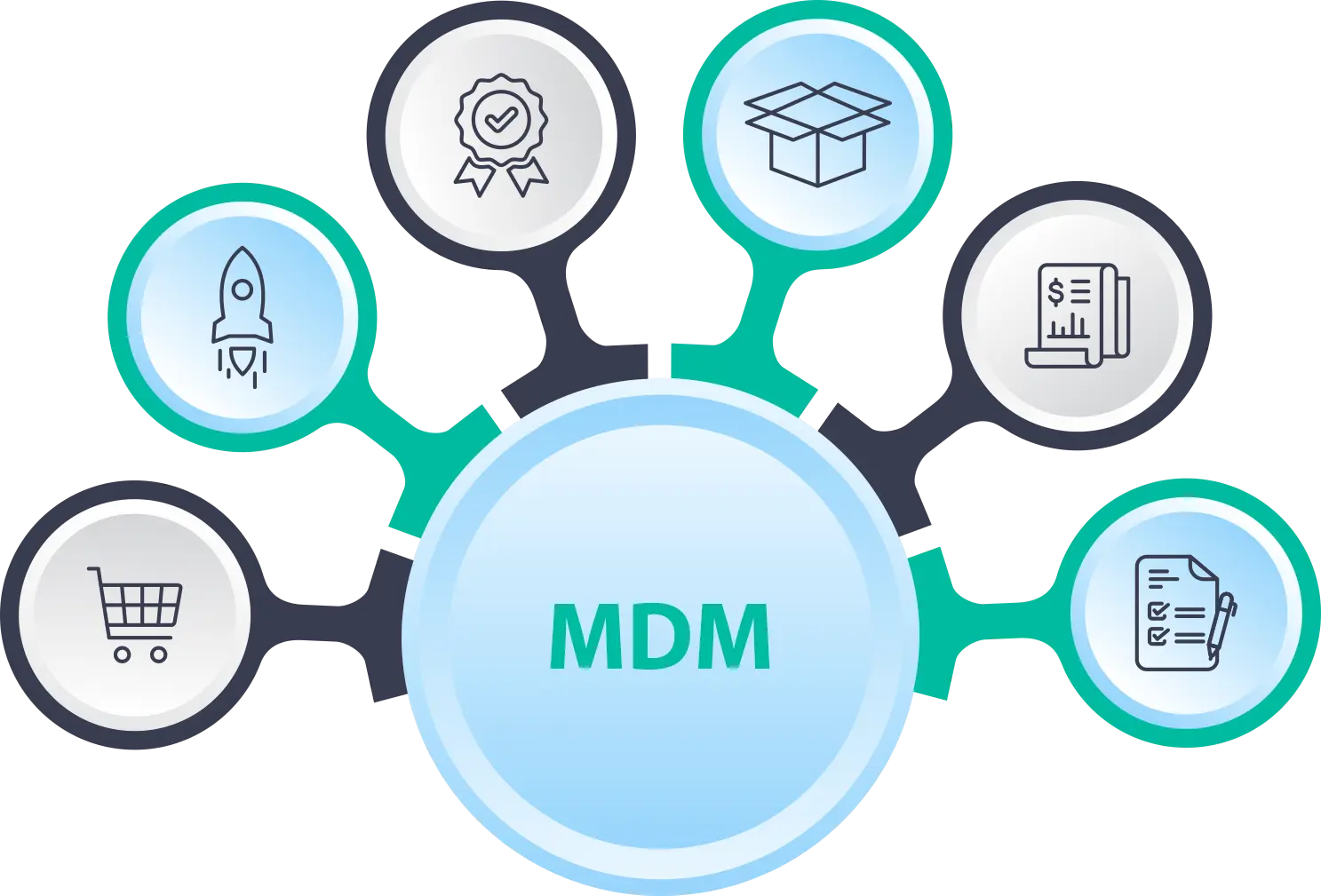
In today's digital age, data is a vital asset for businesses of all sizes. However, the real value of data lies in its quality and consistency. Data standardization is the process of cleaning, organizing, and transforming data into a uniform format. By standardizing your data, you can ensure accuracy, improve decision-making, and drive business growth. This guide will explore the importance of data standardization and provide you with actionable tips to implement it effectively in your organization. Acme Data is also one of the best company that provides the data enrichment services.
The Importance of Data Standardization
1. Enhances Data Quality
- Standardized data is free from errors, duplicates, and inconsistencies.
- Improves the accuracy and reliability of data analysis and reporting.
- Ensures that all stakeholders are working with the same information.
2. Facilitates Decision-Making
- Standardized data provides a single source of truth for decision-makers.
- Enables quick and informed decision-making based on reliable data insights.
- Helps identify trends, patterns, and opportunities for business growth.
3. Streamlines Business Processes
- Standardized data promotes consistency and efficiency in business operations.
- Reduces manual effort and time spent on data cleaning and preparation.
- Allows for seamless integration of data across different systems and departments.
Best Practices for Data Standardization
1. Define Data Standards
- Identify the key data elements that need standardization in your organization.
- Establish data quality rules and guidelines for formatting, validation, and cleansing.
- Create a data dictionary to document the definitions and usage of each data element.
2. Implement Data Quality Tools
- Invest in data quality tools and software to automate the standardization process.
- Use tools for data profiling, cleansing, deduplication, and enrichment.
- Schedule regular data quality checks and audits to maintain high standards.
3. Train Employees
- Provide training on data standardization best practices and tools to your employees.
- Encourage data stewardship and accountability among team members.
- Promote a data-driven culture that values accuracy, consistency, and integrity.
Challenges and Solutions
1. Data Silos
- Challenge: Data stored in different systems or departments may lack consistency.
- Solution: Implement data integration tools to consolidate and standardize data from multiple sources.
2. Data Governance
- Challenge: Lack of governance leads to data quality issues and compliance risks.
- Solution: Establish data governance policies, roles, and processes to ensure data standardization and compliance.
3. Data Volume
- Challenge: Managing large volumes of data can be overwhelming and time-consuming.
- Solution: Prioritize data standardization efforts based on data importance and impact on business outcomes.
Conclusion
Standardizing your data is a strategic imperative for any business looking to thrive in a data-driven world. By following the best practices outlined in this guide and addressing common challenges proactively, you can unlock the full potential of your data assets and elevate your business to new heights. Invest in data standardization today to drive business growth, enhance decision-making, and stay ahead of the competition.